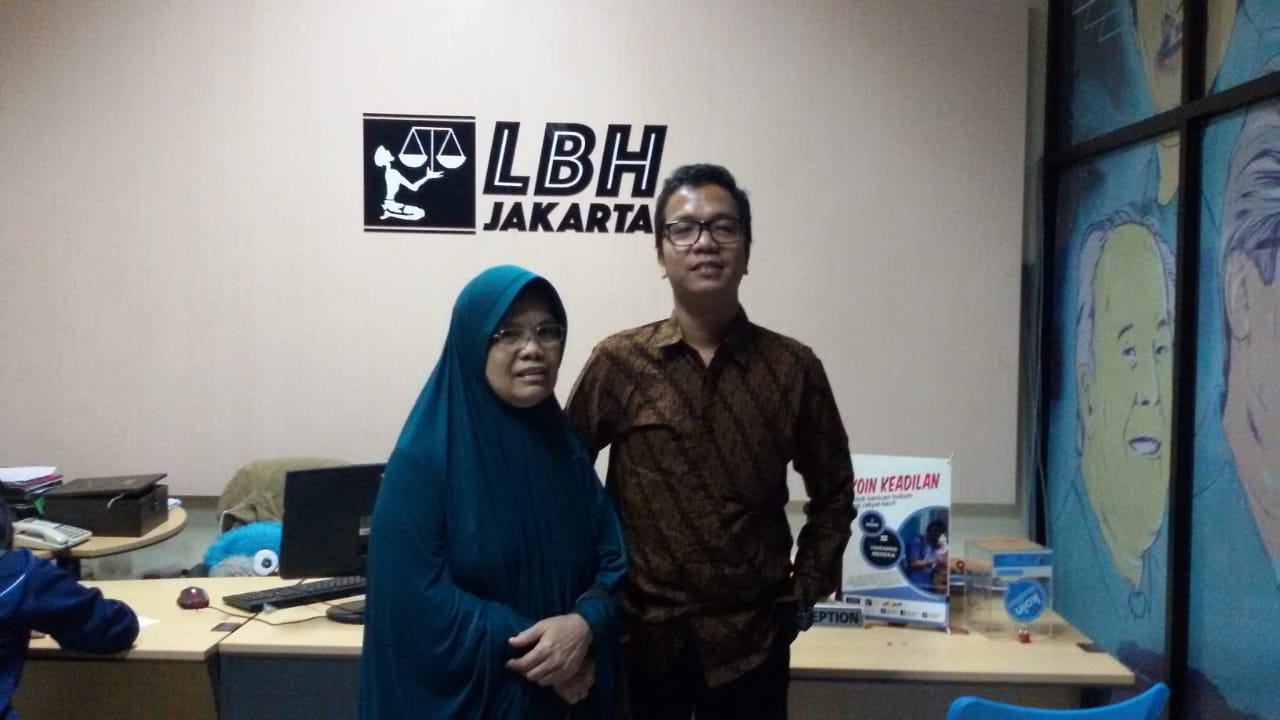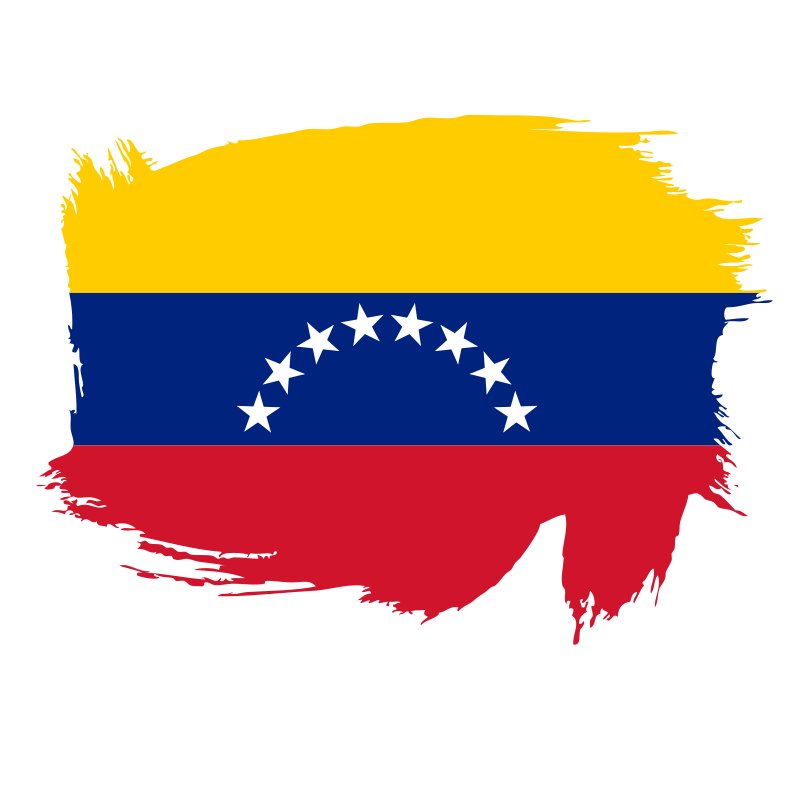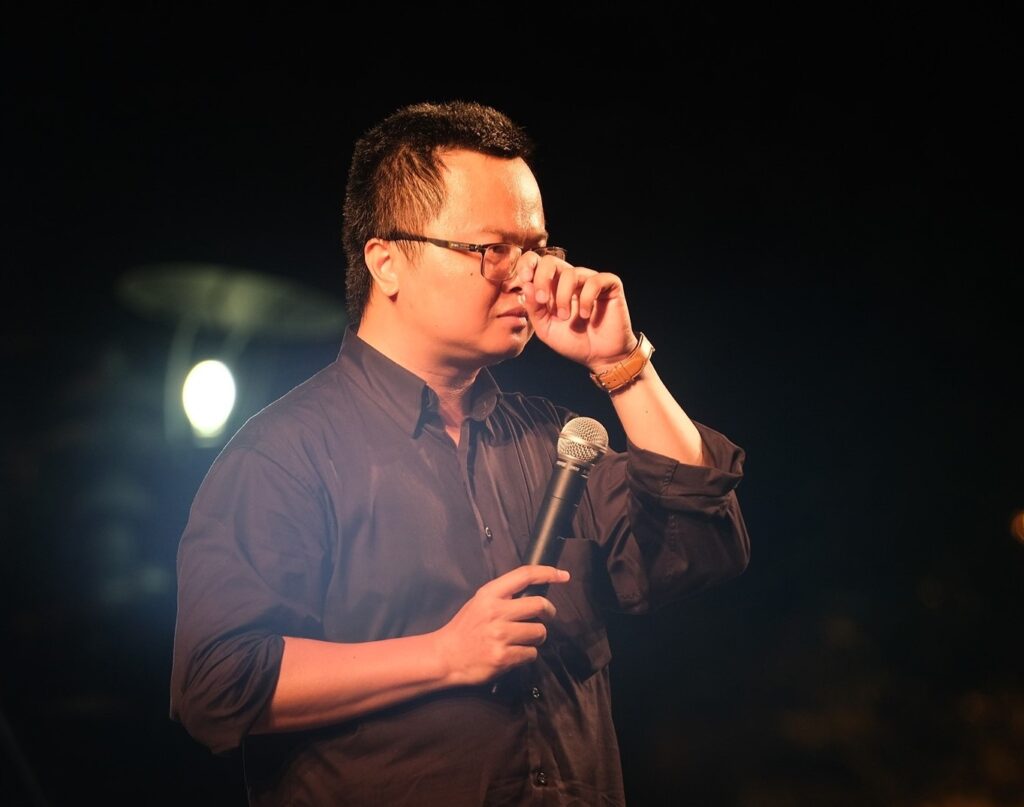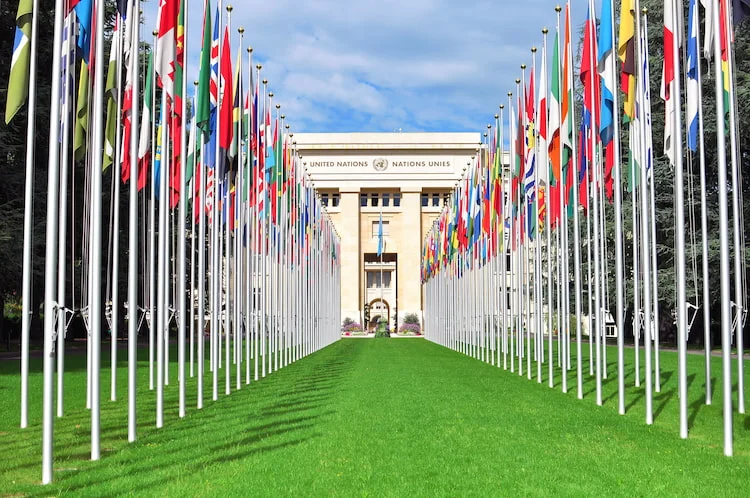The COVID-19 crisis poses huge challenges to human rights and the rule of law. The pandemic also affects lawyers all around the world in their daily professional activities, which causes a great impact on the legal profession. Lawyers for Lawyers has created a COVID-19 series to provide insight into the effect of the COVID-19 crisis on lawyers all around the world.
This article in the COVID-19 series covers the insights shared with Lawyers for Lawyers by human rights lawyer Nelson Nikodemus Simamora from Indonesia. Nelson is based in Jakarta and coordinates the advocacy division of the Jakarta Legal Aid Institute (LBH Jakarta). LBH Jakarta is a legal aid organization, established in 1970 to provide legal aid for the poor, legal illiterate and victims of human rights violations. The organization mainly advocates for the urban poor, fair trial, labor rights, and minority and vulnerable groups.
“In Indonesia, instead of lockdown, the government has chosen social distancing because they don’t want to have to subsidize people. This means that there is a partial lockdown, but in reality except for the courts, almost all offices are closed and people are forced to work from home. As lawyers we are very concerned about the risks of contracting coronavirus, but lawyers who act in criminal cases are forced to come to court which is very quiet, including those of us from the Jakarta Legal Aid Institute. Take for example, the Papua political prisoners case where this pandemic has made our advocacy plan fall apart. Only a few people attended the court hearing because they were afraid of the coronavirus infection risk, including not only witnesses and experts, but also the press itself. This has really affected our work. On the other hand, the courts are very strict about legal procedure. Witnesses and experts are not allowed to give testimony online but at the same time the defendants attend the hearings by online means. As very few people, or no one at all, physically attend the hearings, the court won’t make the hearings open to the public online.
The video conference hearings are a disaster. We once defended a person with mental illness who could not understand what a trial means. When the judge, prosecutors, or lawyers said something the defendant did not react at all. This might be because the internet connections were unstable or because he did not understand what it was all about. When the evidence is given, defendants cannot physically examine it or give an opinion because they are not physically in the courtroom. This is the same thing lawyers have complained about all across Indonesia.
The National Planning Agency put forward a proposal to perform online trials after the pandemic ends (we don’t know when this will be) to solve the problem of distance between court and prison and to save costs. This proposal will be very chaotic and will violate the suspect’s rights in court proceedings. We were against this proposal from the beginning.
During the pandemic, the government has banned all mass gatherings and arrested people who criticize the policies taken. There was a driver from a motorcycle taxi (which can ordered online) who said that people were hungry and told the government to be careful with hungry people in a video that went viral. The driver was arrested on the grounds that he had defamed the government and hate speech. The police have not given us access to defend people accused of these type of crimes. During the pandemic we have also found that domestic violence cases have gone up like never before.”
Disclaimer: The views expressed in this interview are those of the interviewee and do not necessarily reflect those of Lawyers for Lawyers.





